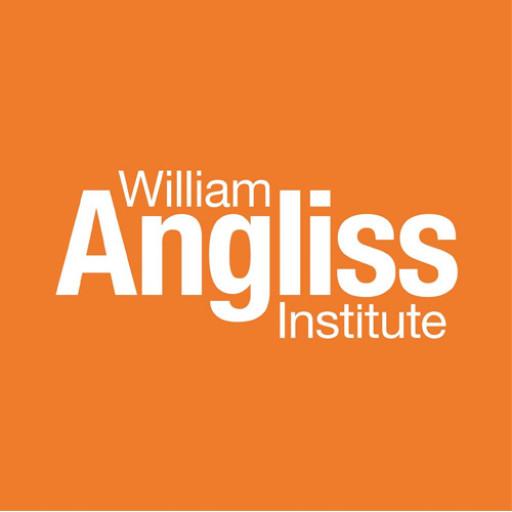Photos of university / #unlincoln
The Food Literacy, Quality, and Safety program at the University of Nebraska–Lincoln is designed to equip students with comprehensive knowledge and practical skills essential for ensuring the integrity, safety, and nutritional quality of food products. This interdisciplinary program combines coursework in food science, nutrition, microbiology, and food technology to prepare graduates for diverse careers in the food industry, regulatory agencies, research institutions, and public health organizations. Students will explore key topics such as food safety protocols, quality assurance procedures, hazard analysis and critical control points (HACCP), food testing methodologies, and consumer education about healthy eating and sustainable food practices. The curriculum emphasizes both theoretical understanding and hands-on laboratory experiences, enabling students to develop critical thinking and problem-solving skills vital for addressing current challenges in food safety and quality assurance. Through collaborative projects, internships, and industry engagement, students gain real-world insights into the food production process, regulations, and innovation. Graduates from this program will be prepared to contribute to the development and implementation of safe, nutritious, and high-quality food products while adhering to regulatory standards and ethical practices. The Food Literacy, Quality, and Safety program reflects the university’s commitment to advancing food sciences and promoting public health through education, research, and community outreach initiatives. Whether pursuing careers in food manufacturing, quality control, regulatory agencies, or academia, students are encouraged to develop a holistic understanding of the entire food system, emphasizing sustainability, safety, and consumer well-being. With a strong foundation in scientific principles and practical application, graduates will be well-equipped to make significant contributions toward ensuring the safety and quality of food at local, national, and global levels.
- Minimum of 30 semester hours of credit, consisting of 20 to 24 semester hours of regular courses, and 6 to 10 semester hours of thesis research.
- Minimum of 15 semester hours, including thesis, must be taken in the student’s major subject (i.e., courses having the prefix NUTR or ASCI). The remaining work may be in supporting courses.
- If pursuing a minor, then at least 9 semester hours of supporting courses must be taken in a department or interdepartmental area which offers a minor.
- Minimum of 8 semester hours, in addition to the thesis, must be earned in courses open exclusively to graduate students (900 level or 800 level without 400 or lower counterparts).
- Up to 9 semester hours of graduate credit from other accredited institutions may be accepted at the discretion of the student’s Supervisory Committee. Transfer credits without an undergraduate counterpart may be used to fulfill the 8-hour graduate-level only requirement.
- Additional requirements depend on the degree option selected within this program.
Sample Courses
- Foundations of Health Behavior Crosslisted as EDPS 846
- Teaching Learners to Learn Crosslisted as SPED 855, EDAD 855, EDPS 855, TEAC 855
- Workshop
- Transcripts and/or mark sheets showing the grades earned in each course.
- A diploma or certificate of graduation. (Not required if the transcript includes the name of the degree and the date it was conferred.)
- The Diploma Supplement, if the degree is Bologna-compliant.
- Online Application for Graduate Admission
- $50 Application Fee (paid with credit card or check)
- One copy of all college/university official transcripts
- Statement of goals
- Resume
- Three references will be asked to submit letters of recommendation electronically
- GRE score (recommended, not required)
- TOEFL or IELTS score. Exemptions for the English proficiency requirement are granted for non-native speakers who have received a bachelor's or more advanced degree either from a U.S. institution or from a university outside the U.S. at which English is the official language of instruction.
Scholarships
- Assistantships
- Fellowships
- University Tuition Assistance Grants (UTAG)
The Food Literacy, Quality, and Safety program at the University of Nebraska–Lincoln is designed to prepare students for careers in the food industry, focusing on the essential aspects of food literacy, quality assurance, and safety management. The curriculum integrates scientific principles with practical applications to ensure graduates can effectively address contemporary challenges in food production, processing, and distribution. Students gain comprehensive knowledge of food science, microbiology, nutrition, and food technology, along with skills in quality control and safety protocols necessary to ensure that food products meet regulatory standards and consumer expectations. The program emphasizes hands-on learning through laboratory work, internships, and collaborative projects with industry partners, enabling students to develop critical thinking and problem-solving abilities in real-world settings. Graduates of this program are equipped to work in various sectors including food manufacturing, quality assurance laboratories, regulatory agencies, and research institutions. The program also emphasizes the importance of food literacy among consumers and food service providers, promoting understanding of nutritional information, food labeling, and safe food handling practices to enhance public health outcomes. The faculty involved in this program are experienced researchers and industry professionals dedicated to advancing food safety standards and promoting innovation in food quality management. Additionally, students have access to state-of-the-art facilities and resources that support experiential learning and research initiatives. Career services and professional development opportunities are strongly integrated into the program to assist students with internships, job placements, and networking within the food industry. Overall, the Food Literacy, Quality, and Safety program aims to produce skilled professionals committed to improving food systems, ensuring safety, and fostering informed food choices among consumers.







